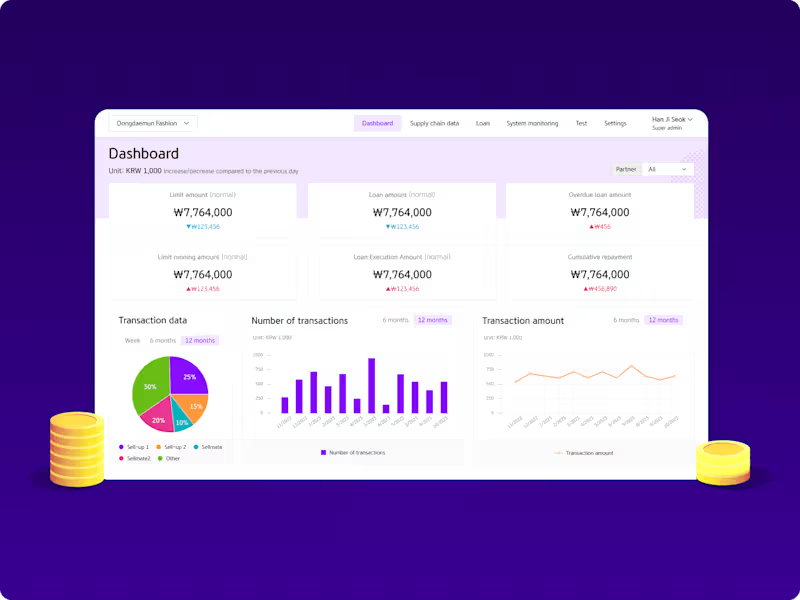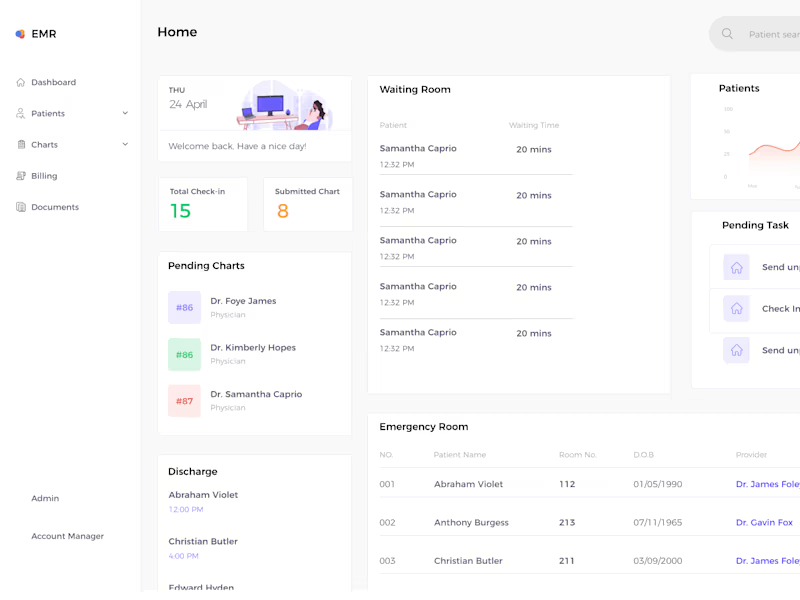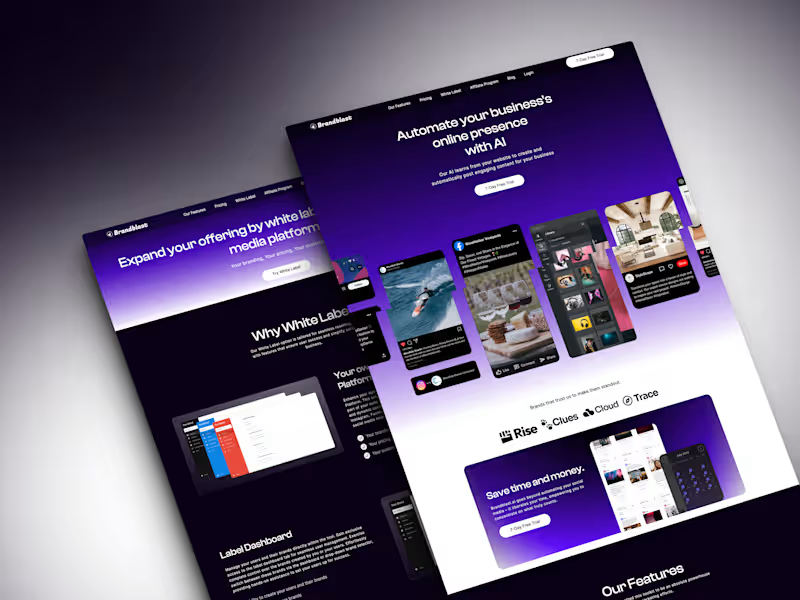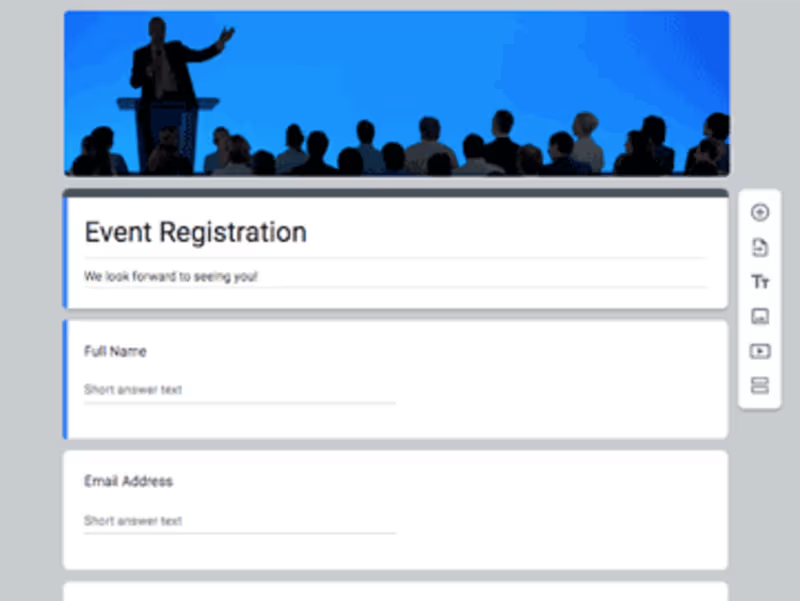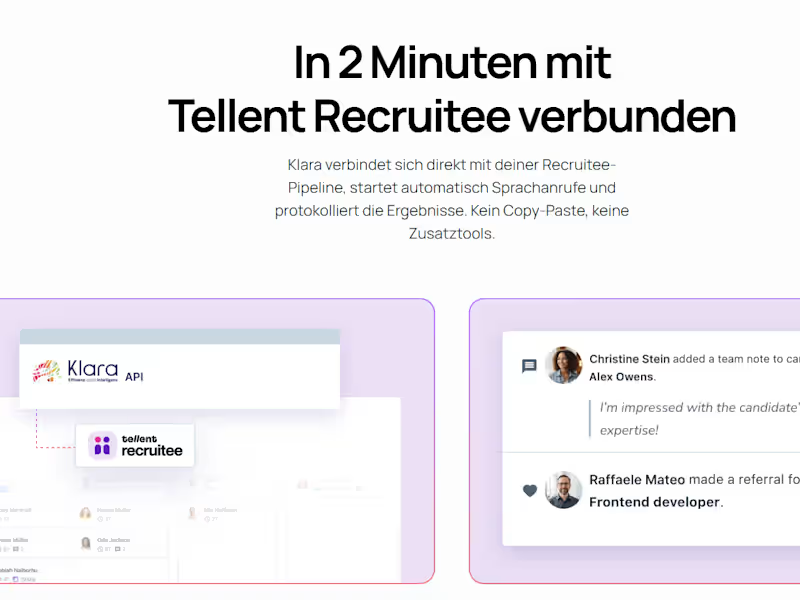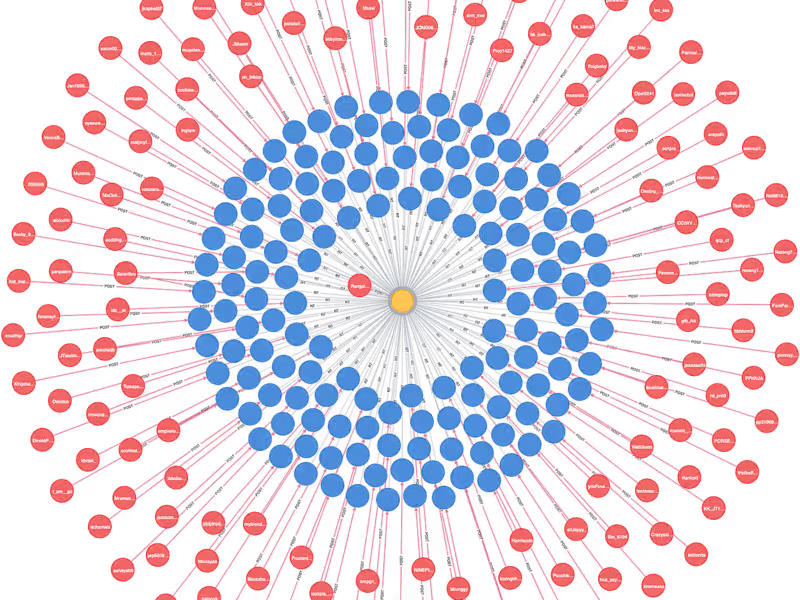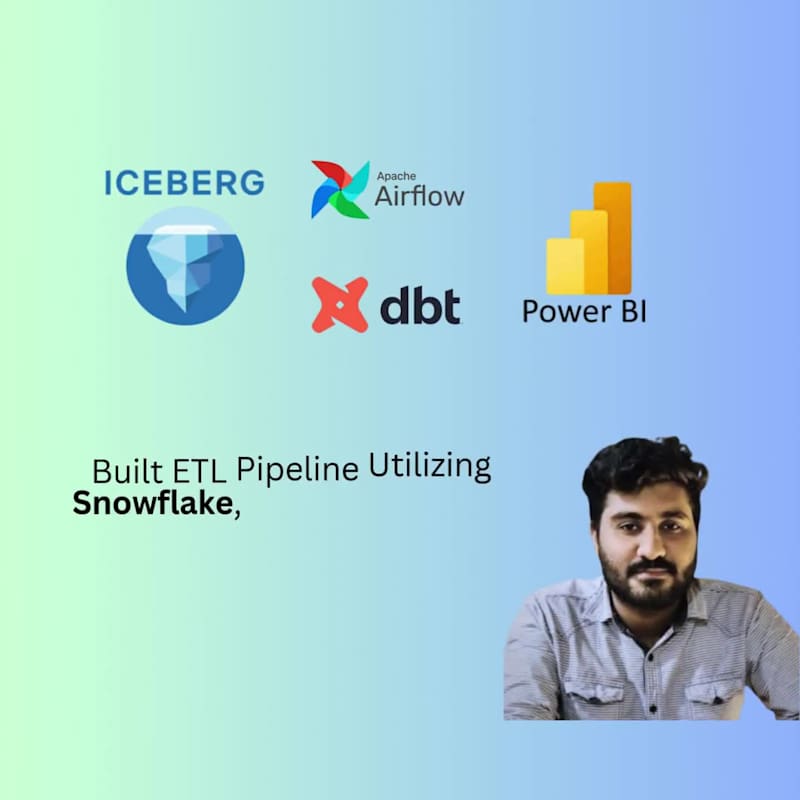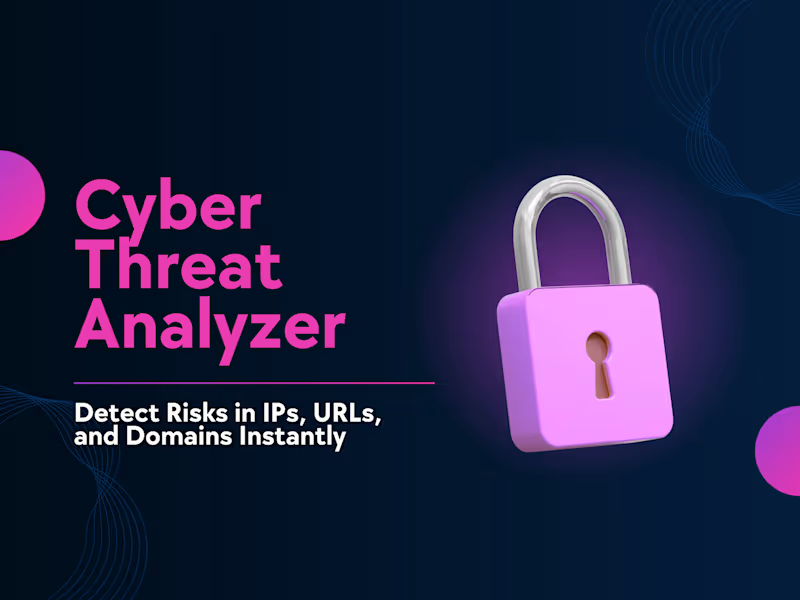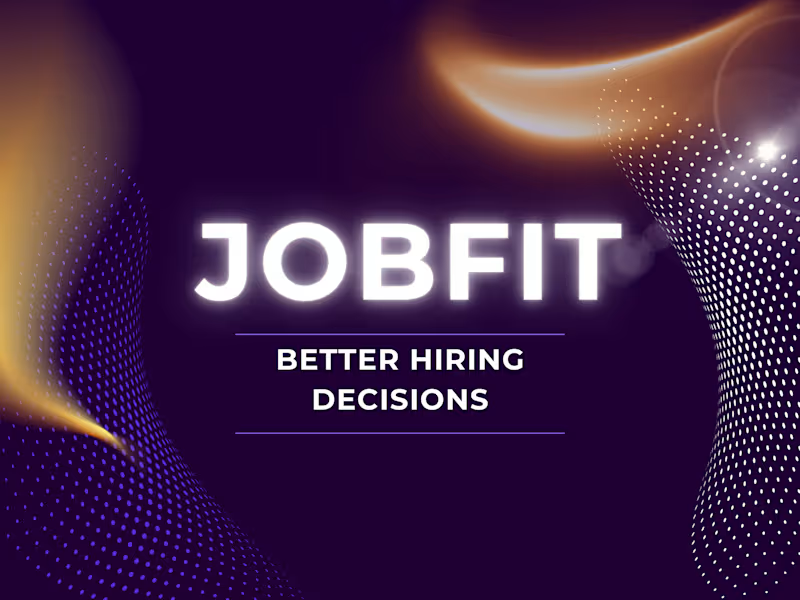What skills should my data engineer have?
Your data engineer should know how to work with databases, like SQL and NoSQL. They should be good at programming in languages like Python or Java. They should also understand data pipelines and big data tools like Hadoop or Spark.
How do I define a data engineering project?
Start by identifying what data you have and what you need. Think about how you want the data to be organized and analyzed. Then, set clear goals for what the project should achieve.
What deliverables should I expect from my data engineer?
You should look for organized datasets, data models, and data pipelines. Also expect documentation that explains how everything works. Make sure to agree on specific reports or dashboards if needed.
How should I communicate with my freelance data engineer?
Choose a tool like email, chat, or video calls to keep in touch. Decide how often you’ll have updates, like daily or weekly check-ins. Clear communication helps keep the project on track.
How can I make sure my data is safe during the project?
Before starting, set rules about data privacy and protection. Ask your engineer to use tools that keep data secure. Make sure everyone knows how to handle data safely.
What is the best way to start a data engineering project with my freelancer?
Begin with a kickoff meeting to discuss project details. Share important documents and resources the engineer needs. Set a timeline to make sure everyone knows the path forward.
How can I track the progress of the data engineering project?
Set milestones and deadlines for key parts of the project. Ask for regular status reports to see what has been done. Use tools like project management software to follow the project’s progress.
What criteria should I use to evaluate the success of the data engineering project?
Check if the final deliverables match your goals and requirements. Make sure the data is accurate and the system works reliably. Look for improvements in your data processing and reporting capabilities.
How do I ensure my data engineer understands my industry?
Share information about your industry standards and practices. Provide examples that show how data is used in your field. Discuss any special requirements or challenges specific to your industry.
What should I do if my project needs change?
Discuss any changes with your freelancer as soon as possible. Adjust the project timeline and goals as needed. Communicate clearly about the new expectations and deliverables.
Who is Contra for?
Contra is designed for both freelancers (referred to as "independents") and clients. Freelancers can showcase their work, connect with clients, and manage projects commission-free. Clients can discover and hire top freelance talent for their projects.
What is the vision of Contra?
Contra aims to revolutionize the world of work by providing an all-in-one platform that empowers freelancers and clients to connect and collaborate seamlessly, eliminating traditional barriers and commission fees.







































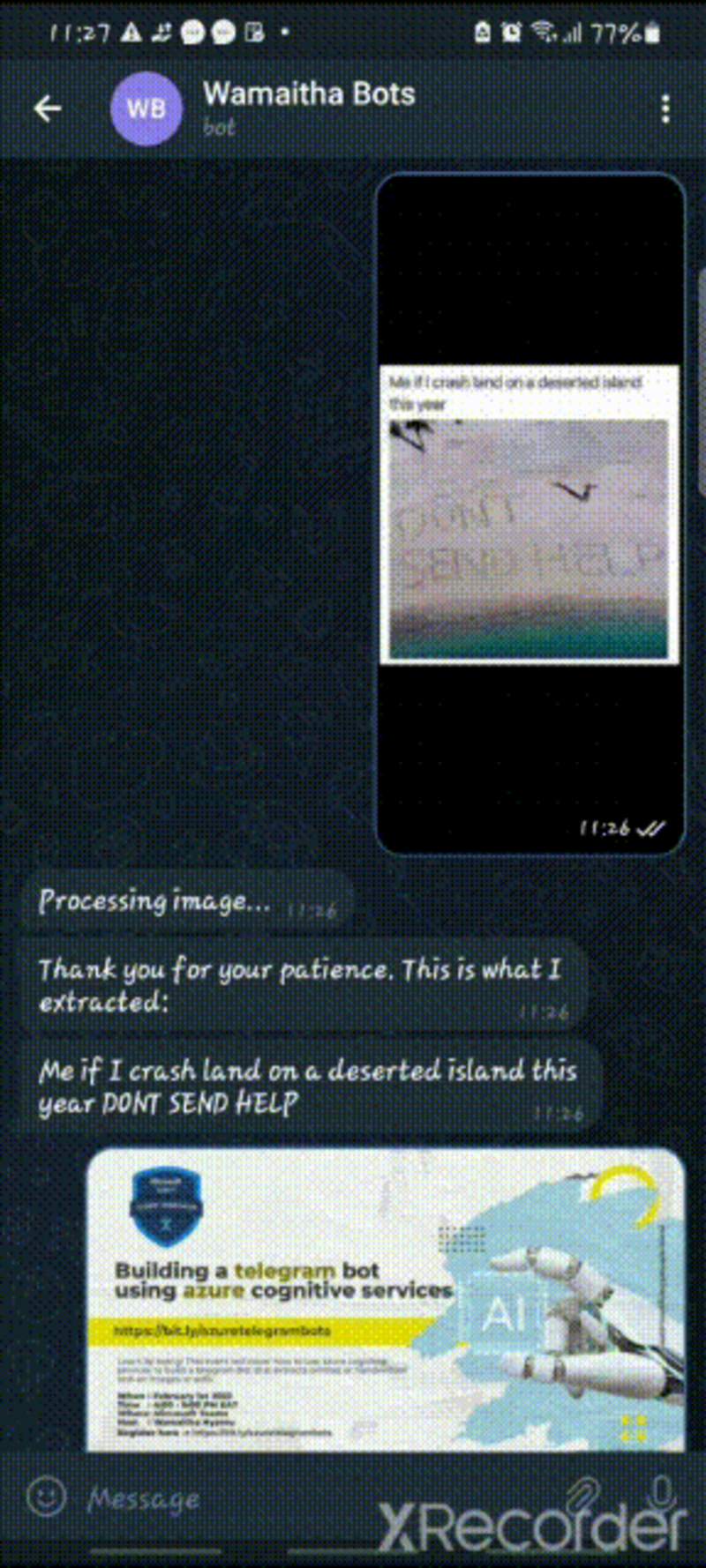
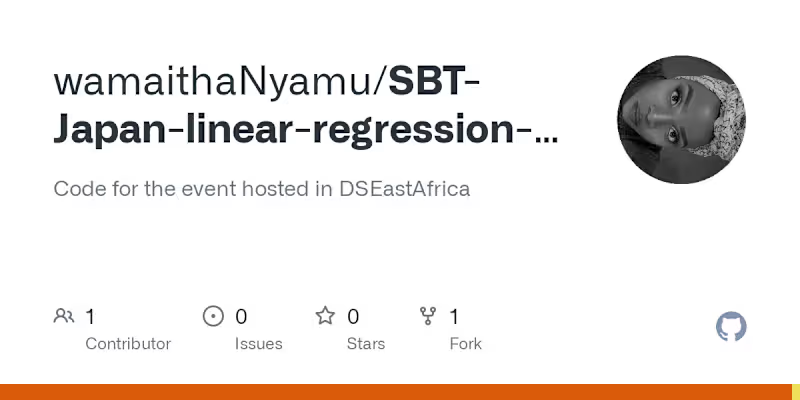
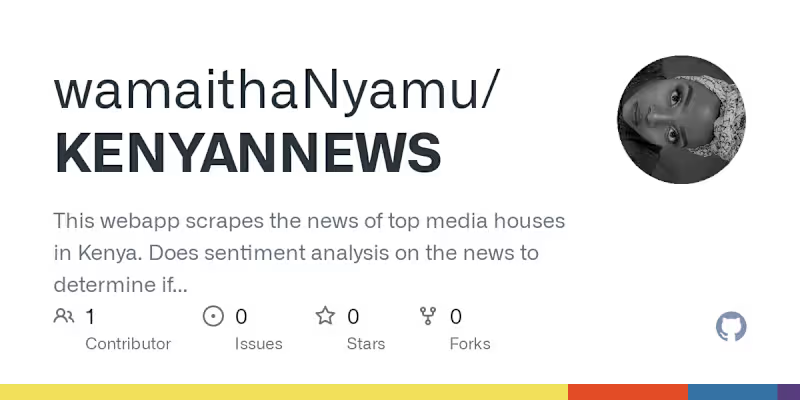
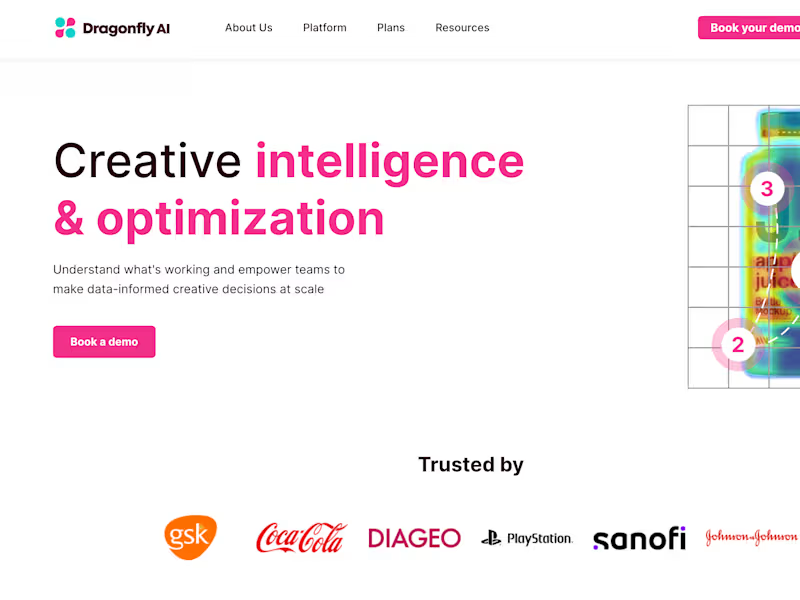



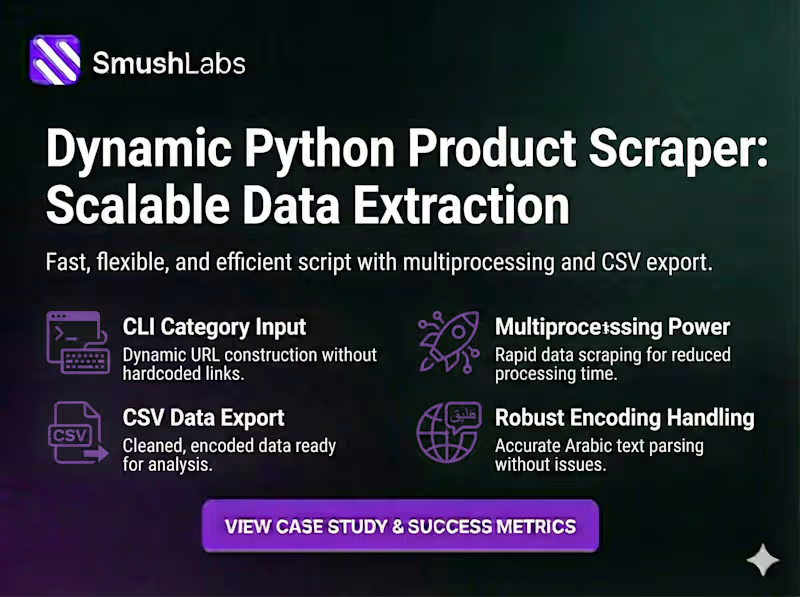

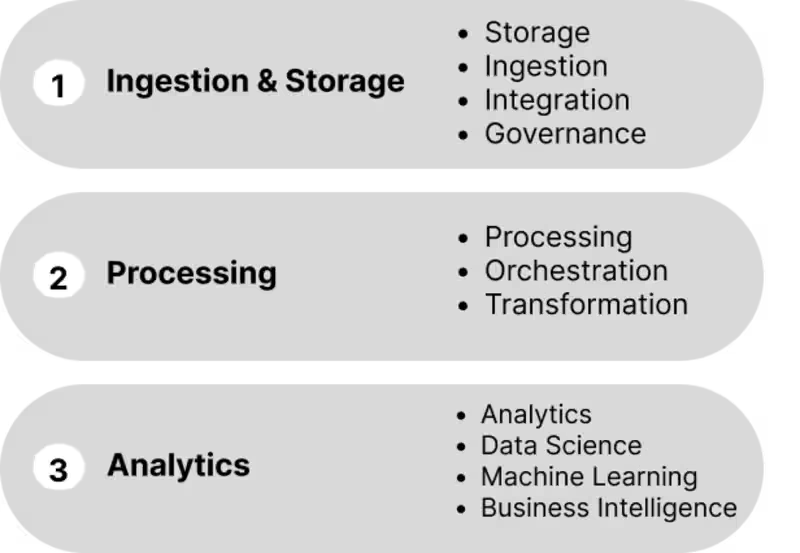
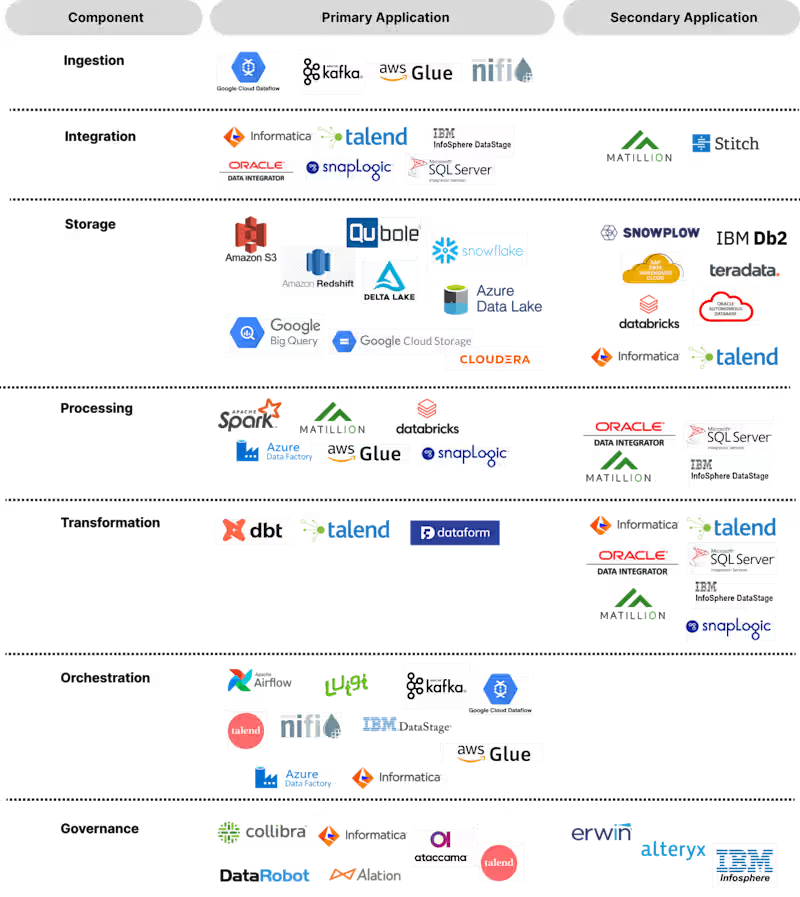
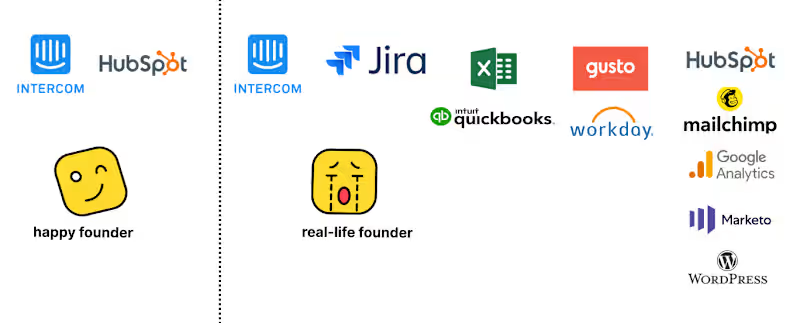

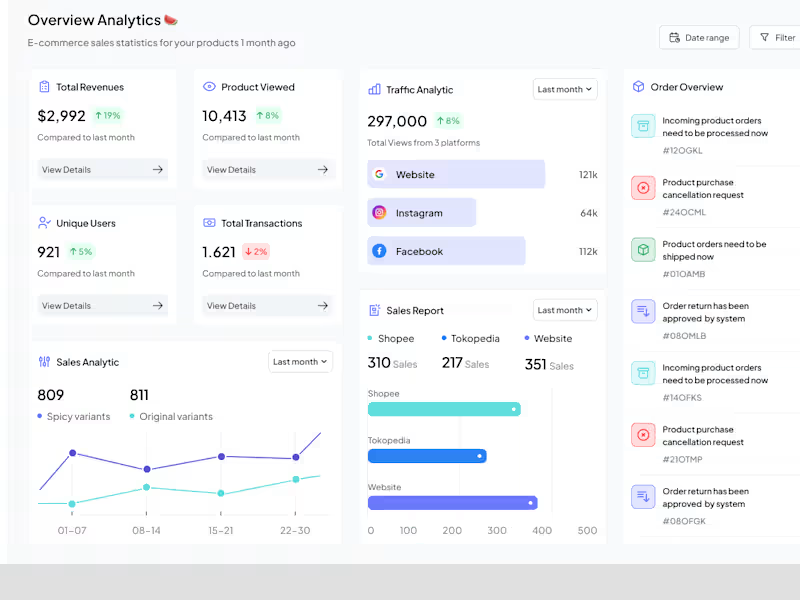
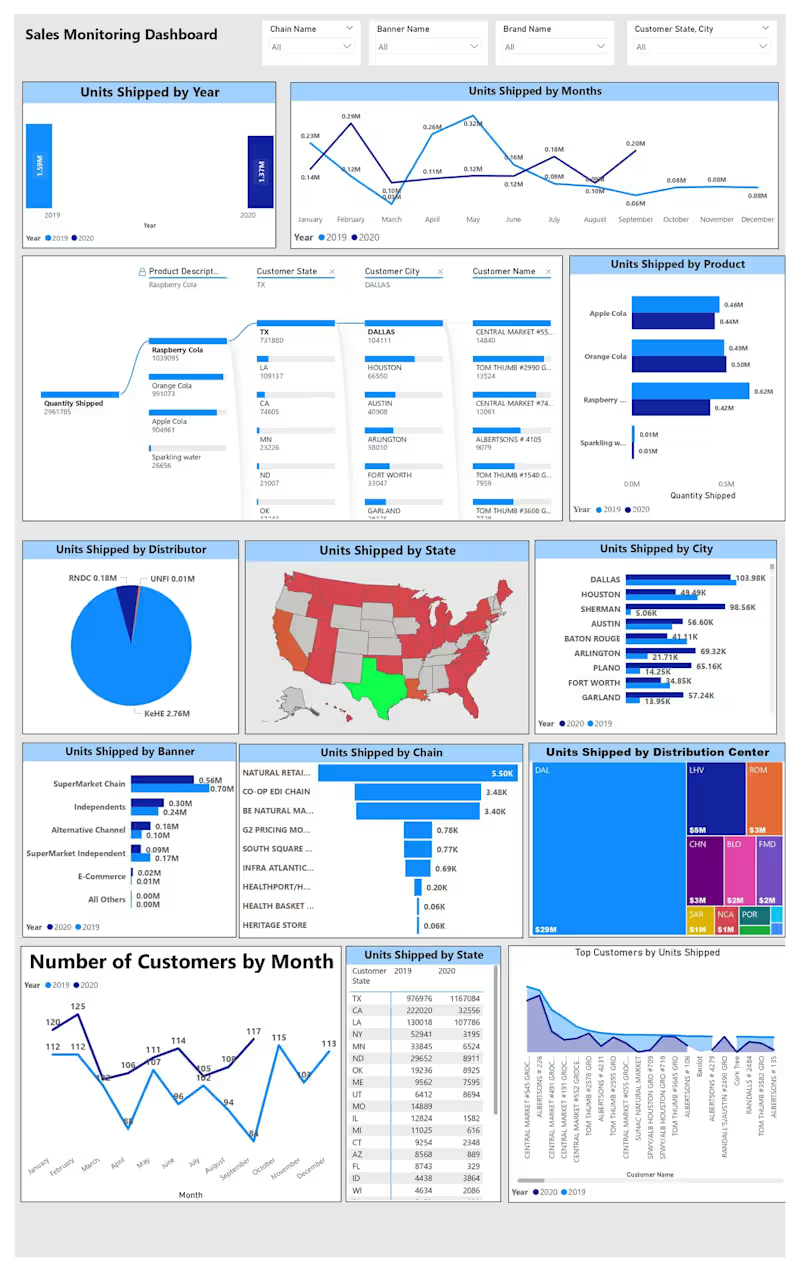
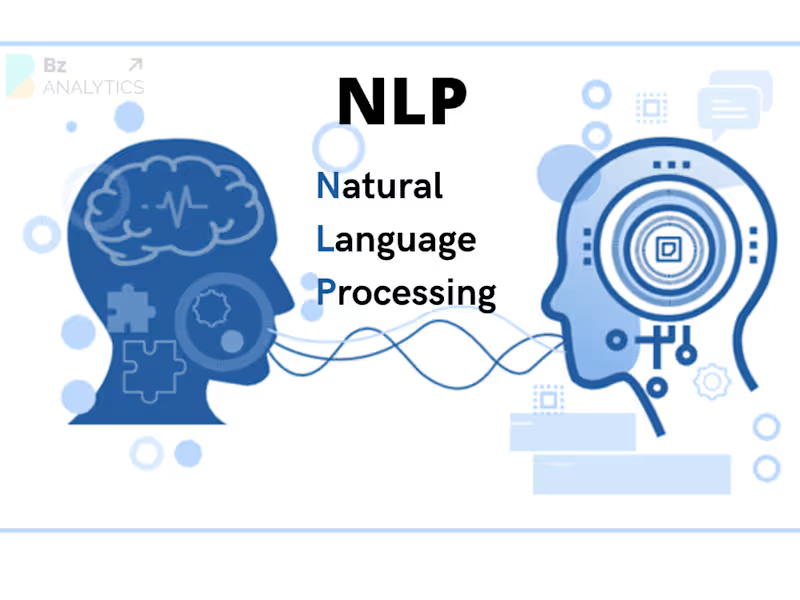
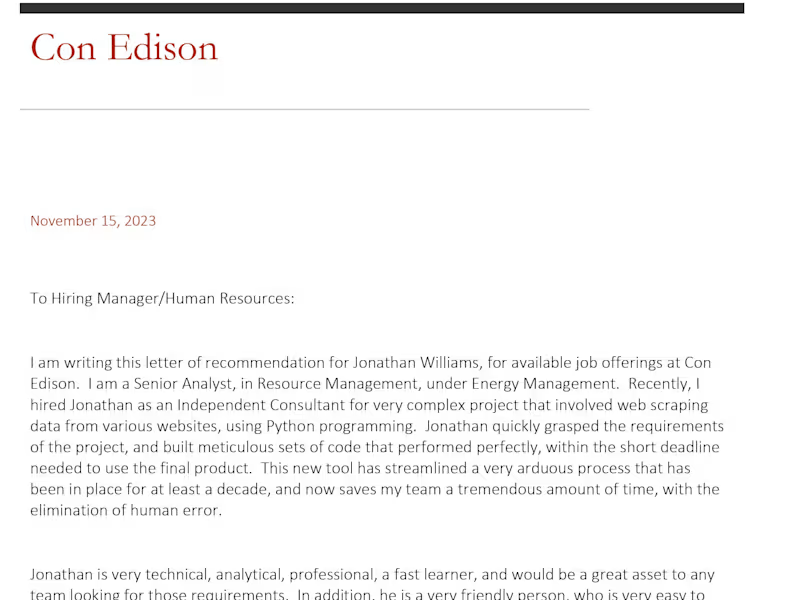
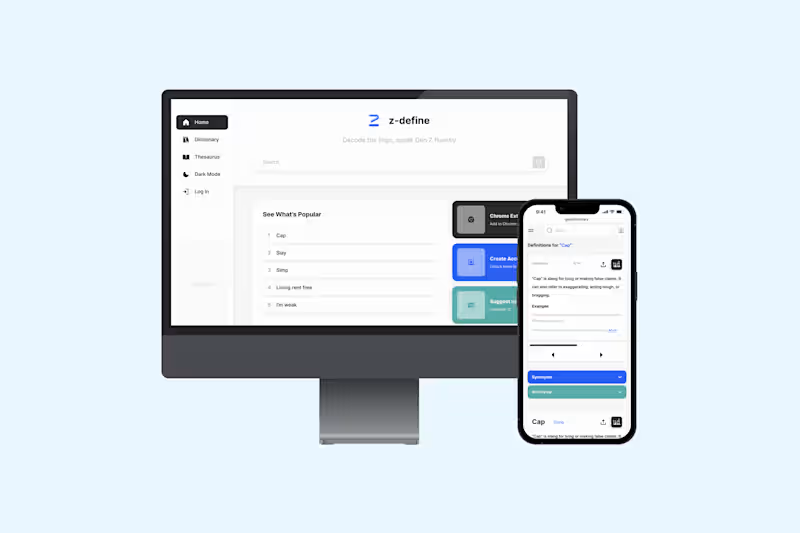
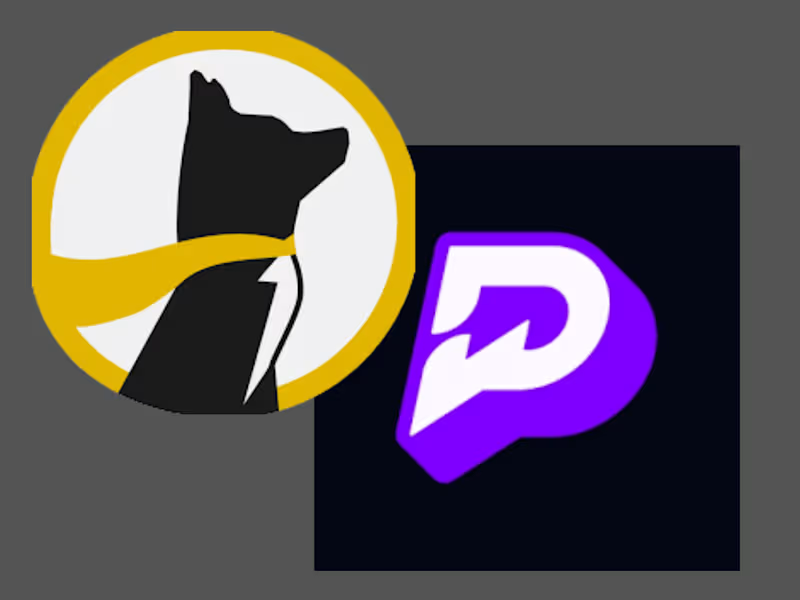

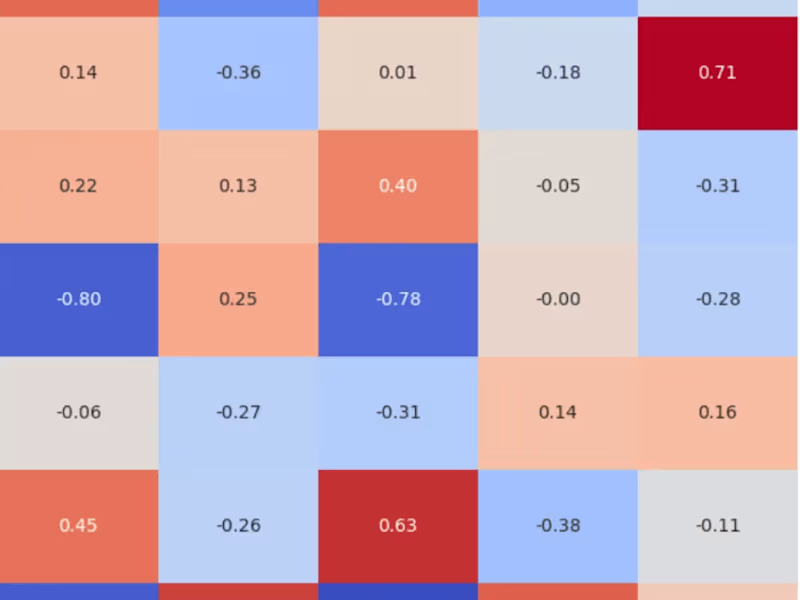
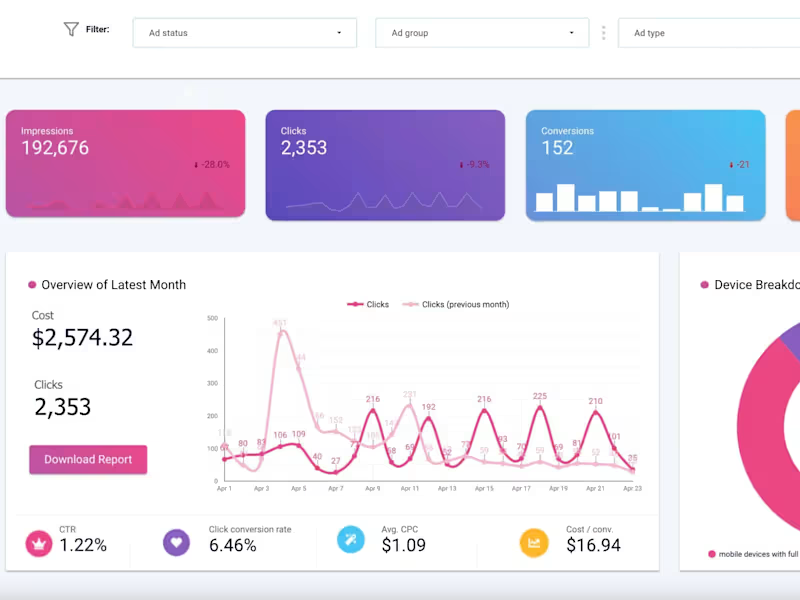

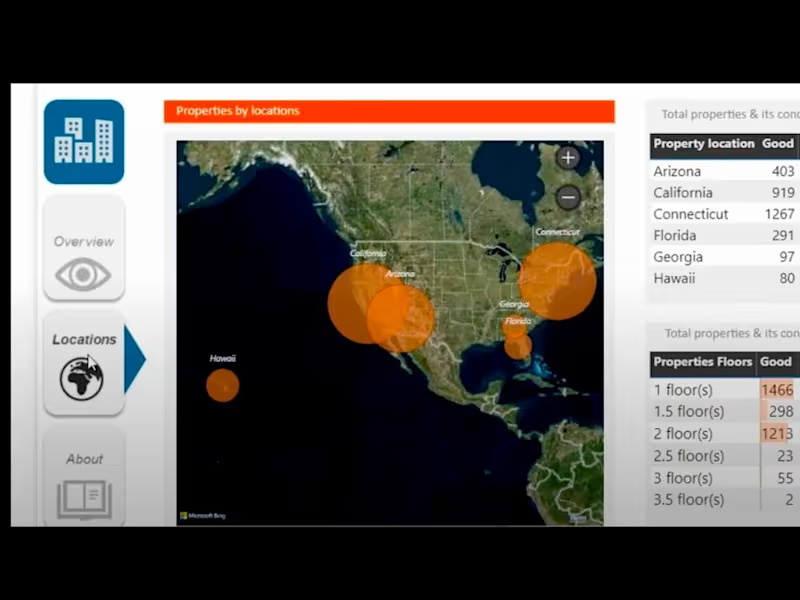

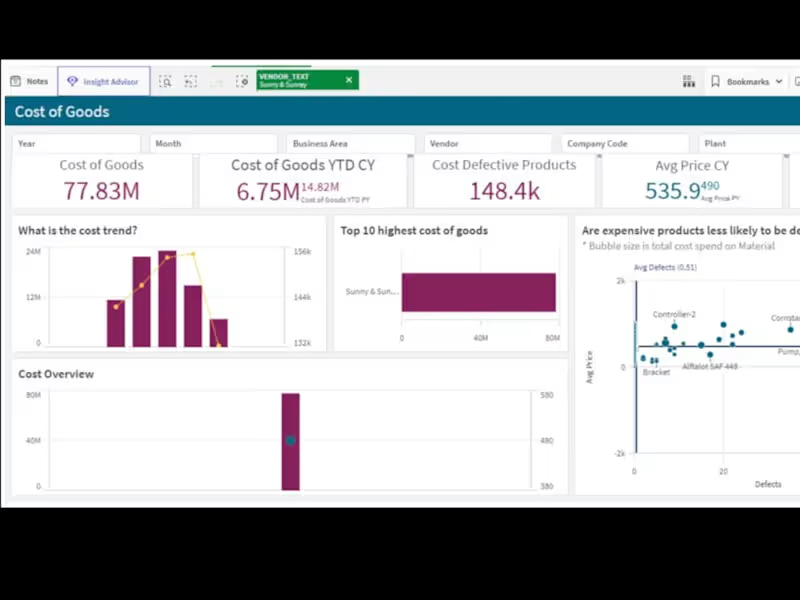

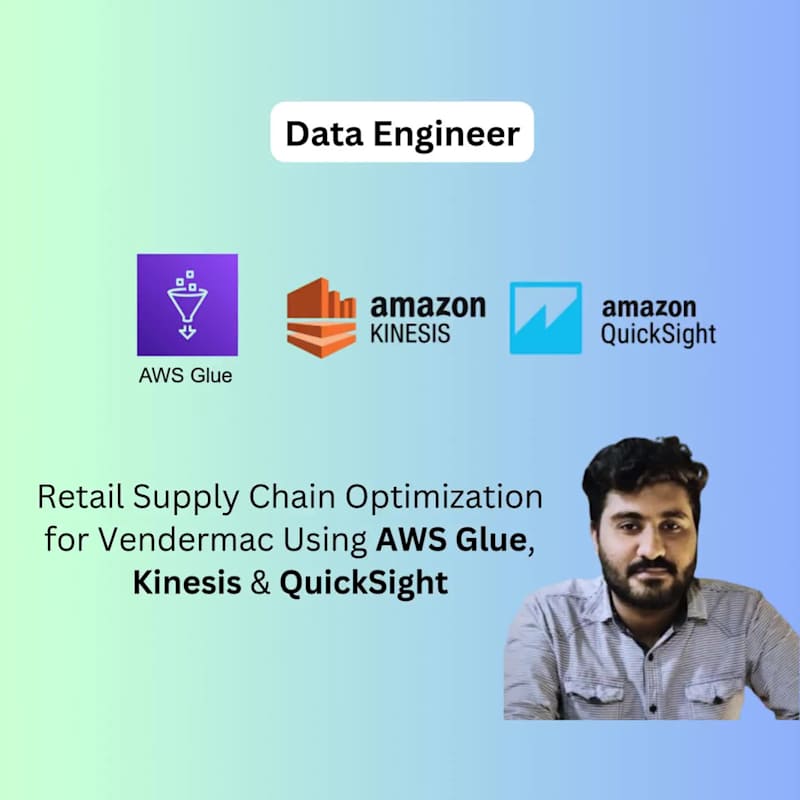
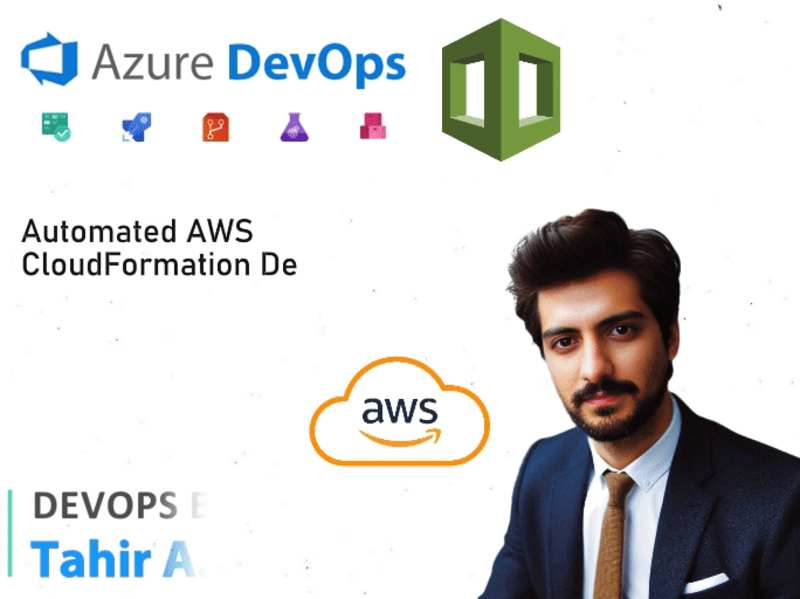
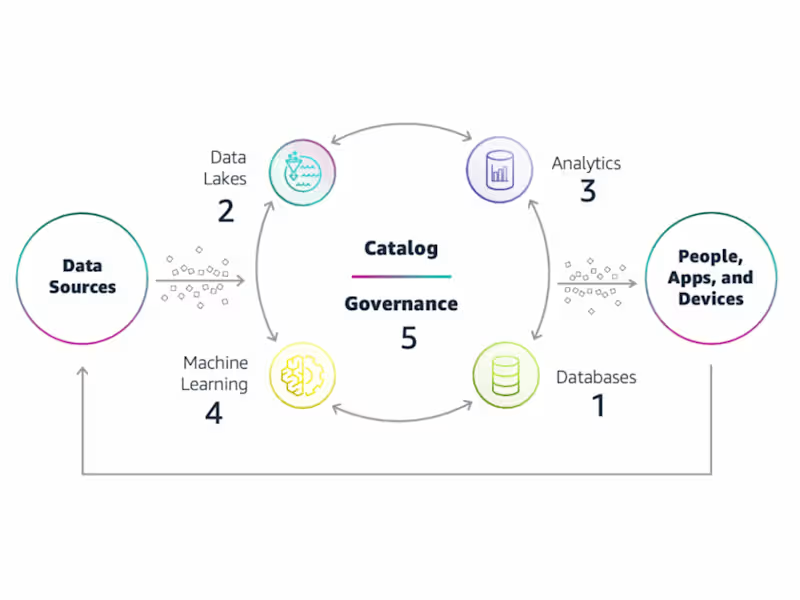
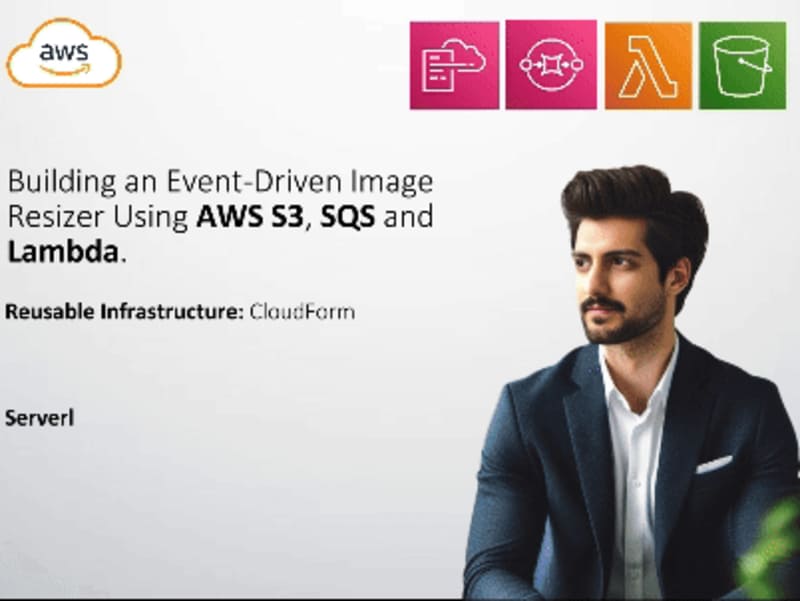

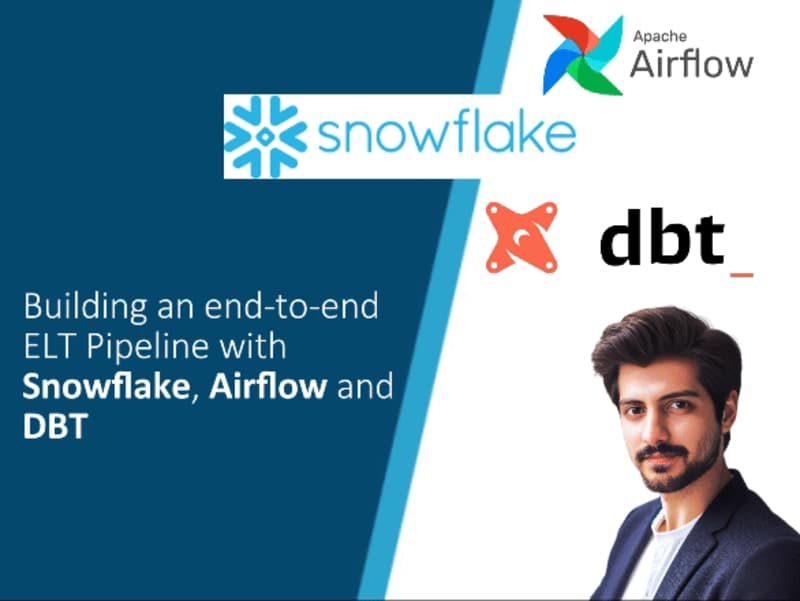
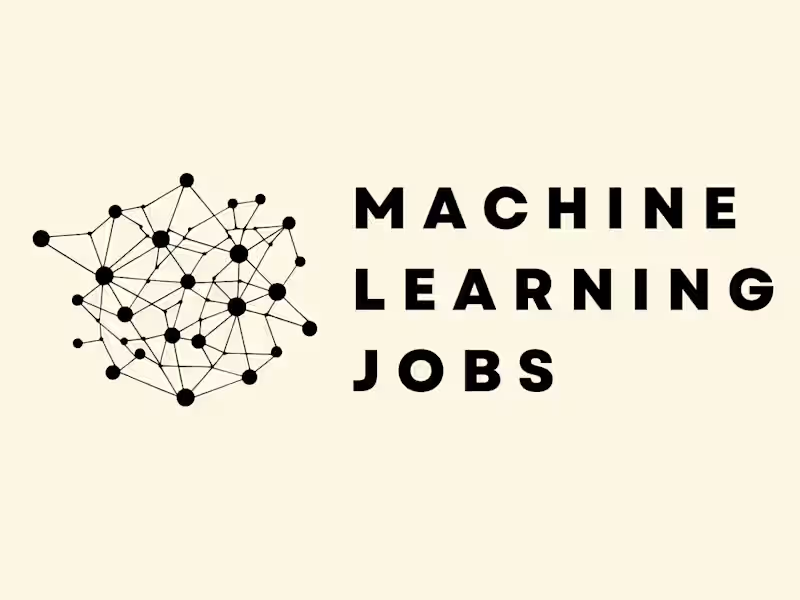
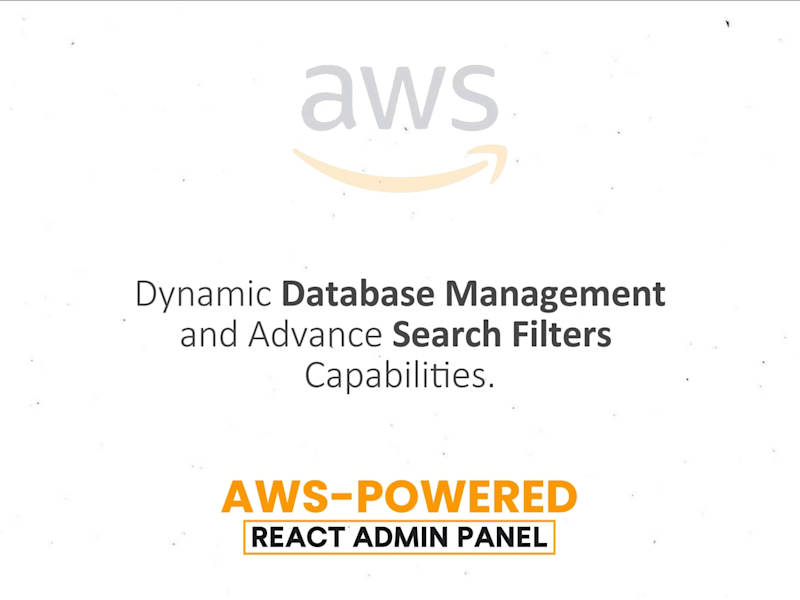
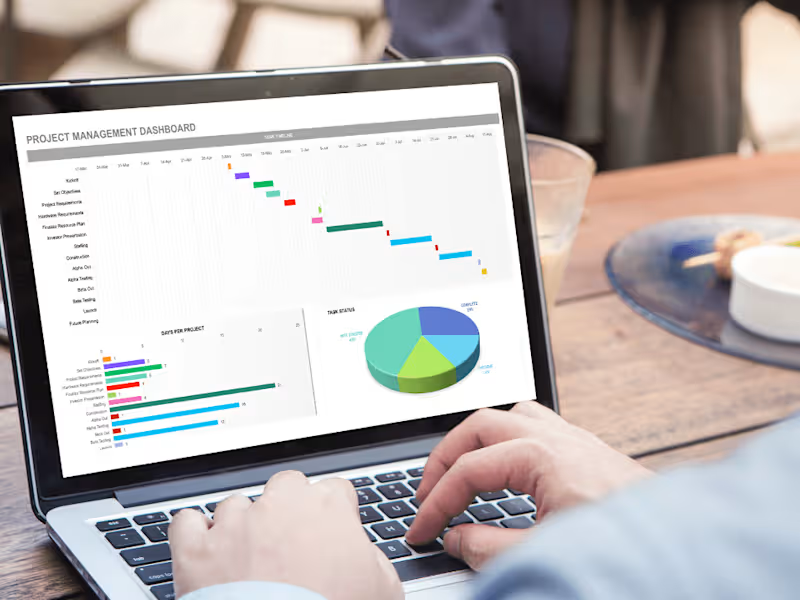
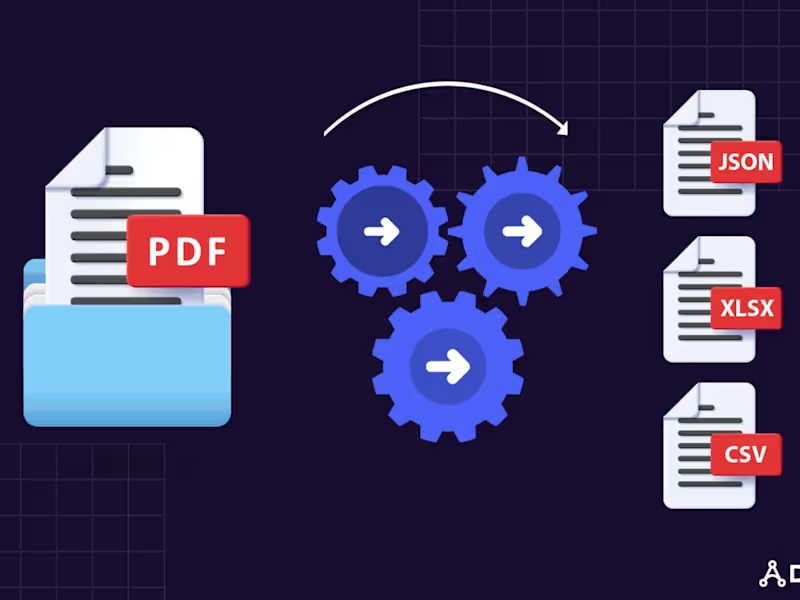
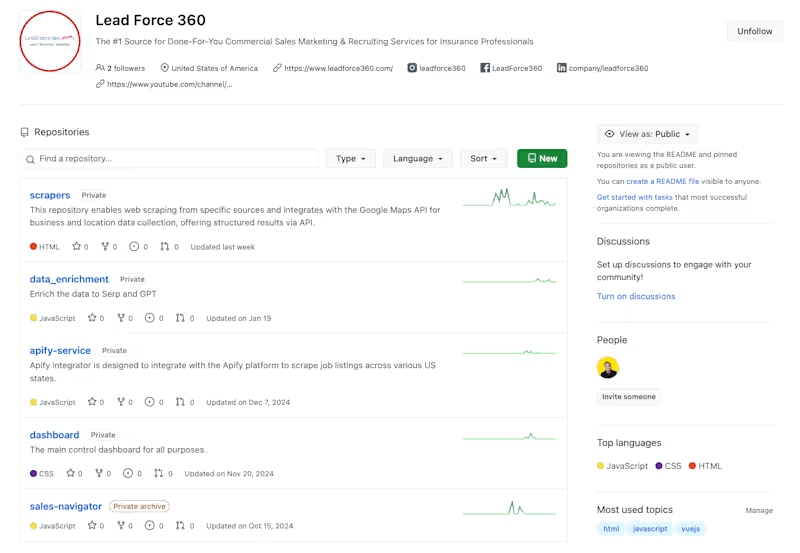
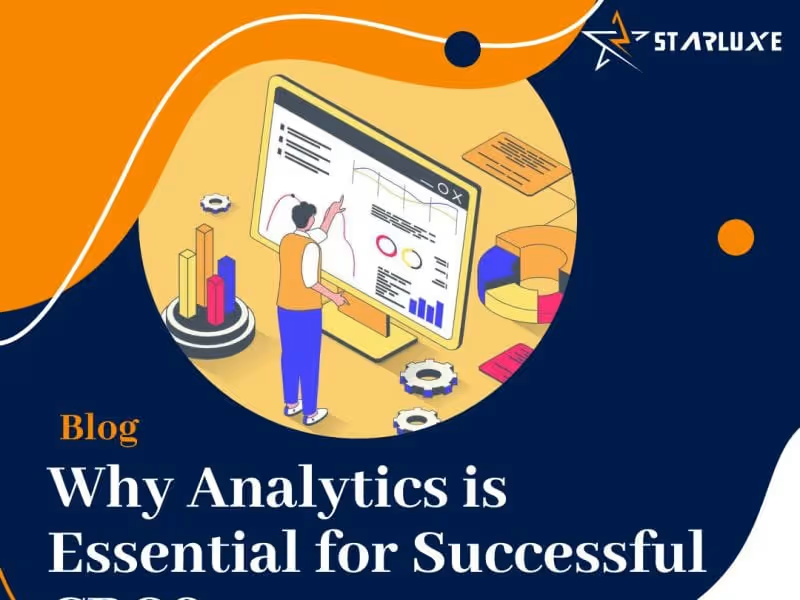
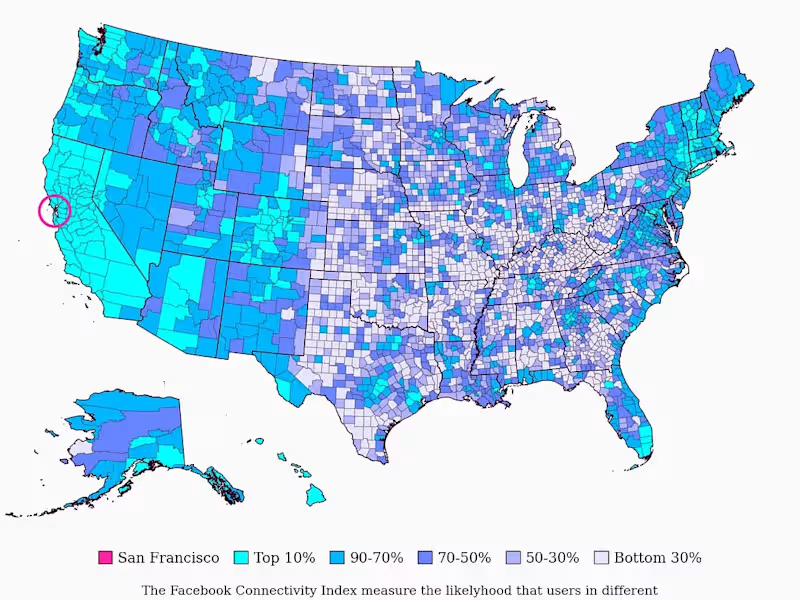
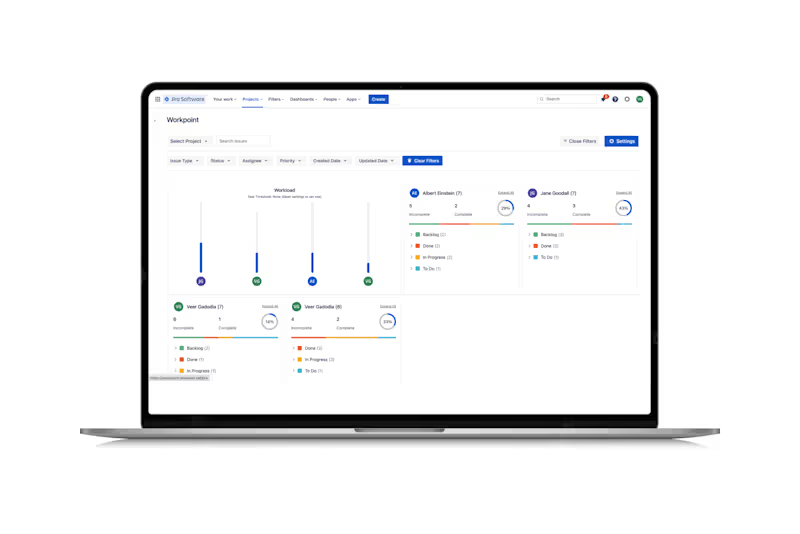
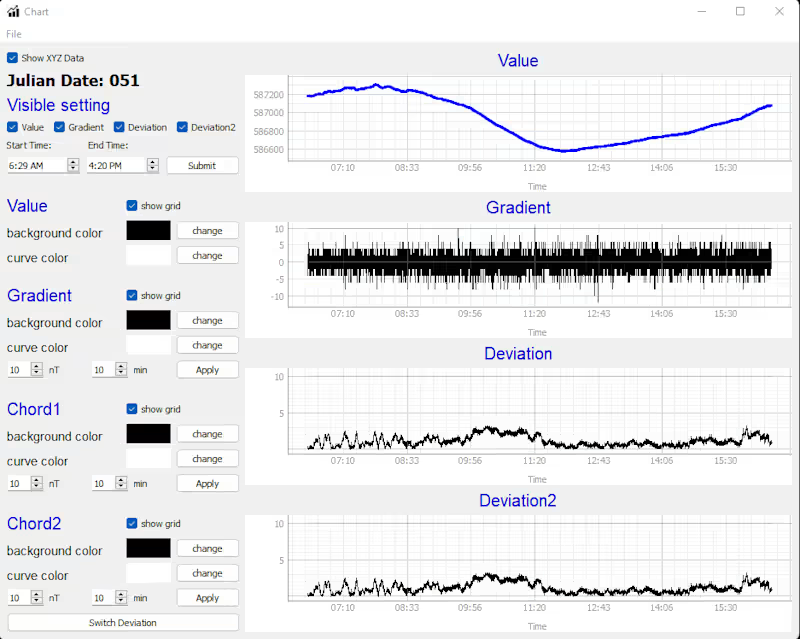

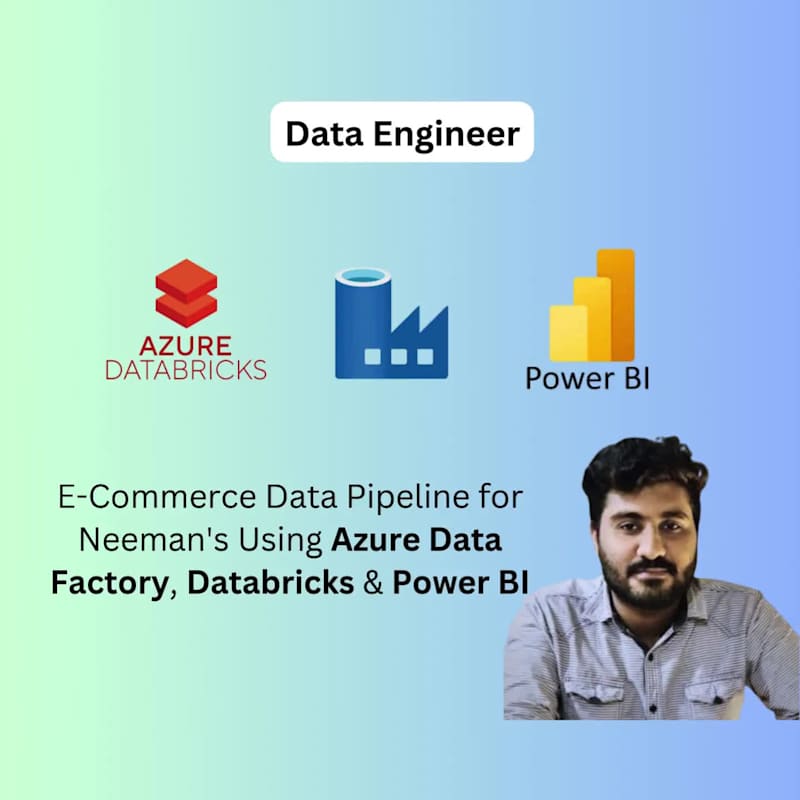
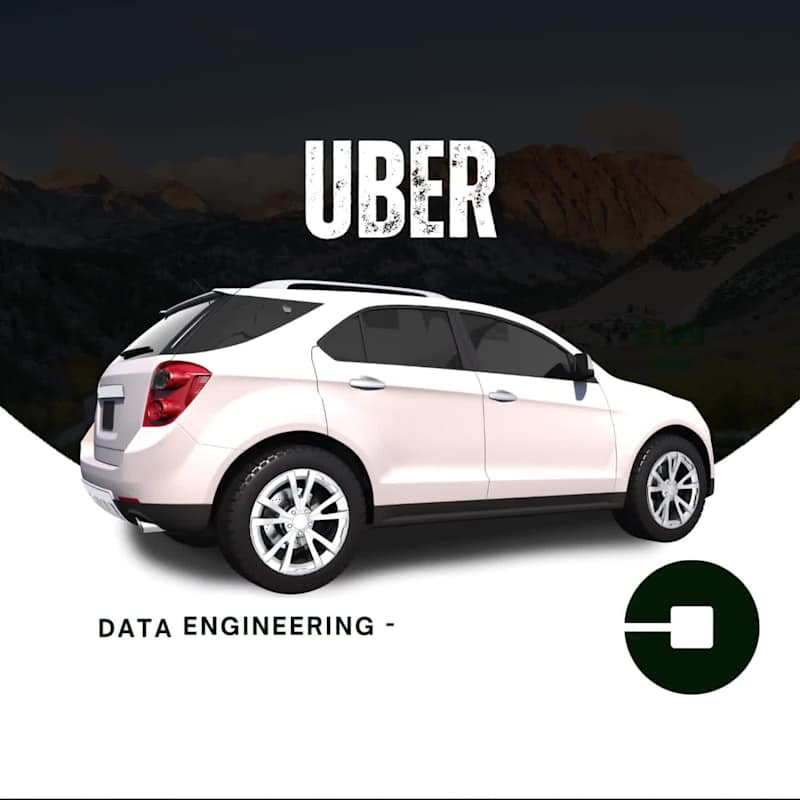
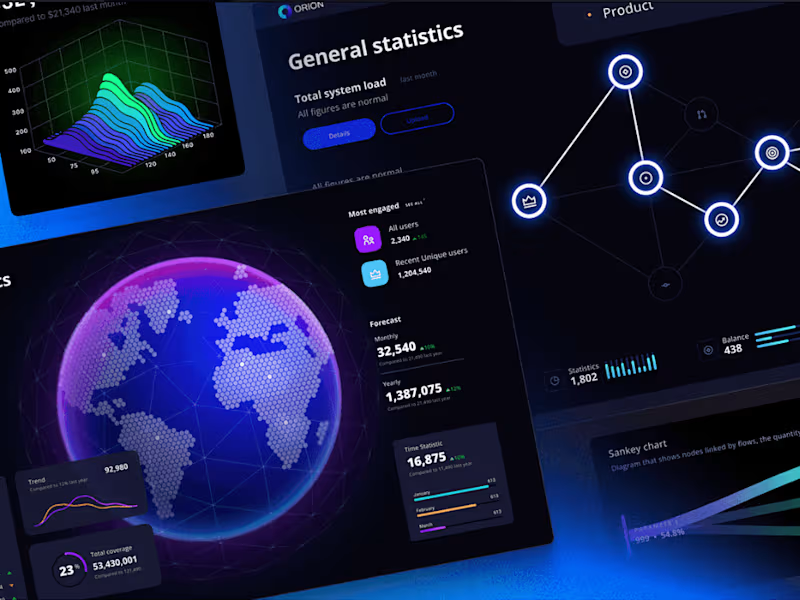
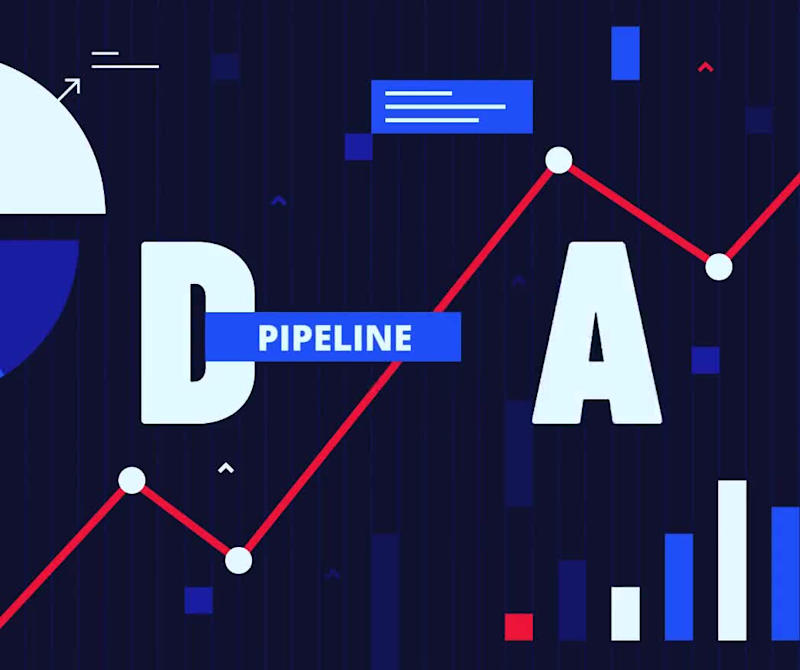
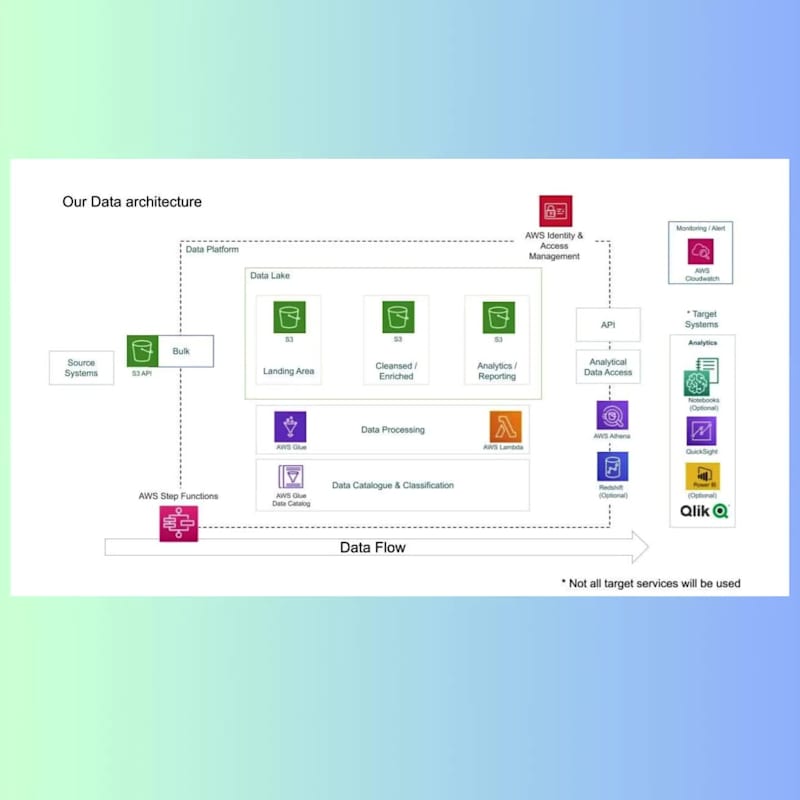





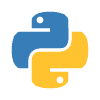
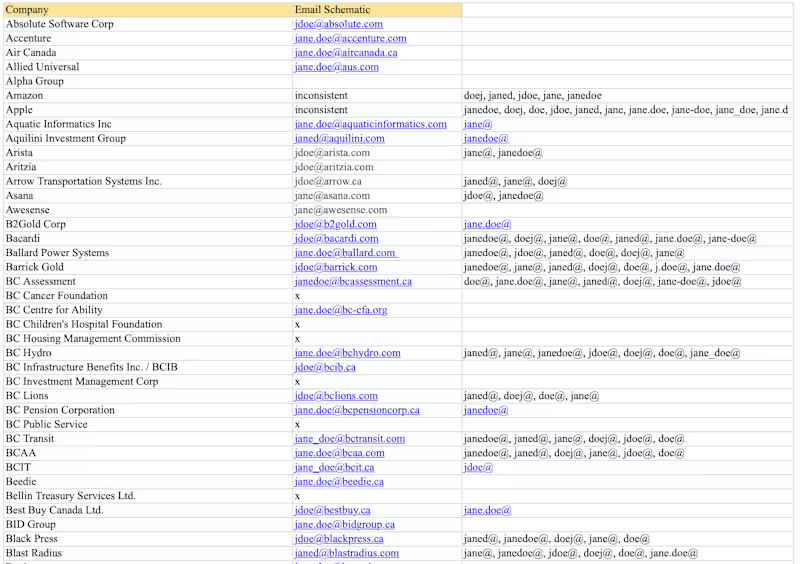
![Cover image for [ETL & DB Management] Multi-Pipeline Orchestration Pipeline](https://media.contra.com/image/upload/w_800,q_auto/dy9vfi8obt61l5ocqhim.avif)
